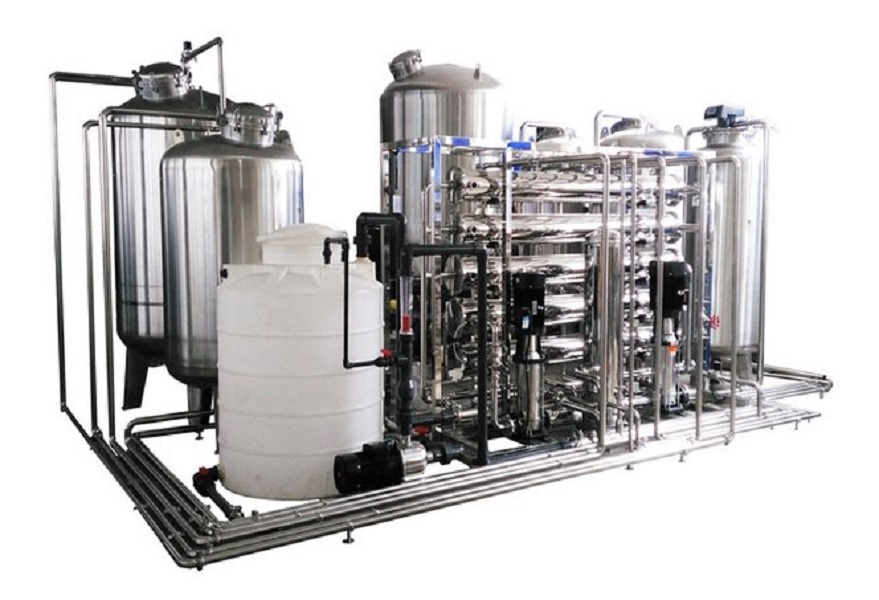
Water treatment in dairy and beverage factories
When you’re sipping on a cold drink, or snacking on a creamy piece of cheese, you probably don’t really think about what goes into making your food or drink. Apart from automated production line machinery, water is one of the most important things that go into making any soda, juice, cheese, or liter of milk. Dairy and beverage factories use large amounts of water in their production processes.
Multiple ways of dairy and beverage factories use water
Dairy production plants use water more for cleaning purposes than as an ingredient. Sanitation is very important when making consumables. Dairy products in particular can be susceptible to some bacteria. They use water also for cooling and steam generation.
Drinks are liquids, which contain water to some extent. Therefore, water is probably the most important ingredient in beverage production (not counting clear bottled water). They use water also in large parts to wash the bottles that are to be filled and transported. Most of the wastewater produced by beverage companies comes from washing bottles.
In this article, we will talk about ultrafiltration that is used to treat wastewater produced in dairy and beverage factories. We will also mention its use for treating treated water for both dairy products and beverages.
First: the composition of the wastewater specific to each industry.
Composition of dairy wastewater
TSS
BOD
COD
nitrogen
phosphorous
Fats
oils
fat
Composition of wastewater from beverage
sugars
Sodium hydroxide
cleaner
chlorine
sulfate
The importance of sterilizing machines in dairy and beverage factories
In order to keep machinery in dairy and beverage factories, and thus the products themselves safe from microbial pathogens, frequent sterilization of equipment is required. Of course, you cannot sterilize with water that has both organic and inorganic particles in it. Therefore, raw water must be properly treated before it can be used. Of course, after products and equipment have been washed and sterilized, wastewater that drains can contain contaminants that are not ideal for untreated discharge. Ultrafiltration is always useful for obtaining water free of microbial pathogens, but it can also be used to deal with trace amounts of fats, oils, and greases present in wastewater from rinsing products. Ultrafiltration uses can include applications such as polishing filtration for wastewater treatment and as a pre-treatment filter for an RO system for sterilization of water.
Beverage production needs high-quality water both for the production of these drinks and for bottle cleaning and sterilization. This water would obviously need drinking quality water to be used as an ingredient. However, if the bottle is sterilized, it should also be of similar quality to avoid contaminating the inner packaging. With this in mind, Ultra Filtration makes a powerful complement to the Reverse Osmosis System that is so popular in drinking water production. In fact, companies like PepsiCo advertise on their websites that both Aquafina and Smartwater are manufactured using the reverse osmosis process. An RO system, best suited for treating dissolved solids, tends to require a certain level of treatment to protect the membranes from corrosion. Ultrafiltration uses include removing solid particles and bacteria/viruses from surface water sources.
Last
In this article, we talked about the uses of ultrafiltration to treat raw water and ingredient components as well as treat wastewater in the dairy and beverage industry. In summary, ultrafiltration can be an ideal sustainable treatment solution to remove fine suspended solids, proteins, complex sugars, and microbial pathogens in both dairy and beverage applications.
























